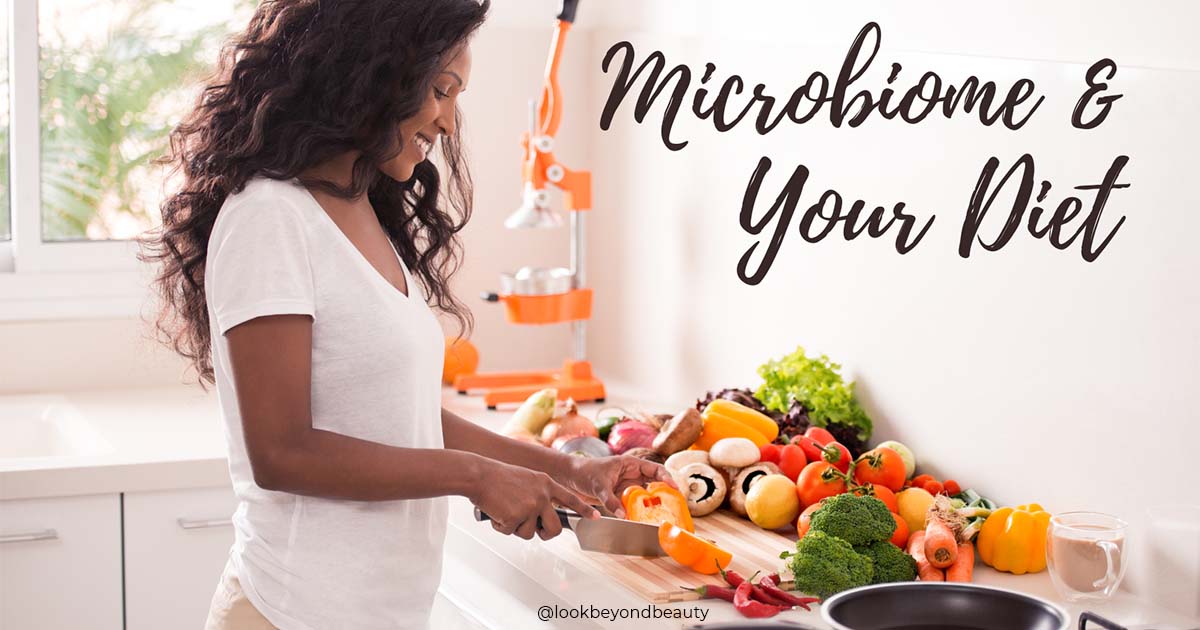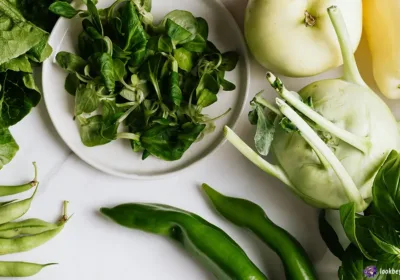Your Microbiome: How Fruits and Vegetables Can Help!

Have you ever heard of the term microbiome? If not, it’s time to get acquainted with this fascinating concept that researchers have explored for years. Your microbiome refers to the community of microbes that live in and on your body, including bacteria, viruses, and fungi. And the largest population of these microbes resides in your gut, crucial to your overall health.
So, what does your gut microbiome do exactly? For starters, it helps maintain balance by keeping harmful bacteria at bay, lowering your risk of getting sick. Additionally, these friendly bacteria aid digestion and absorption of nutrients. In essence, it breaks down food, produce hormones that regulate weight, control weight loss, mood, and focus. That’s because they have hormones! For this reason, people who have struggled for years to lose weight can quickly lose it once they change their gut bacteria profile.
It also affect our cognitive functions to help support your healthy microbiome. Since this is a concept that many people aren’t yet familiar with, let’s explore more.
About The Bacteria In Your Microbiome
It might be surprising to know that your entire body is teaming with microscopic life: bacteria that we call microbes. In fact, you have more bacteria DNA in your body than human DNA! And the mitochondria – impact on a permanent part of your cells – might even have once began life as a type of bacteria.
While you might think that’s something terrible, these bacteria can be both good and bad. Getting lots of good bugs is just as important as avoiding the bad ones.
Why Fruits and Vegetables Are Important For Your Microbiome
Given that the microbiome plays a critical role in our health, it’s no surprise that researchers are exploring ways to support a healthy gut ecosystem. For this reason, incorporating a variety of fruits and vegetables or plant-based food into your diet is important. Particularly those with high fiber.
Doing so will provide a wide range of essential nutrients that the body can use to do its job. For example, providing aid to those friendly bacteria food to help the gut have a habitable place to live in. At the same time, mimic the way our ancestors ate in the wild, which is more beneficial for our health.
Did you know that fruits and vegetables are food for the friendly bacteria in your gut? As such, the microbes thrive on a diet rich in fiber and other complex carbohydrates found in plant-based foods.
What To Avoid
Although adding more fruits and vegetables to your diet is a great way to ensure your microbiome is healthy, be mindful of what not to eat. For instance, highly processed foods and empty calories can harm your gut microbiome. Therefore, it’s best to limit your intake of these types of foods.
In order to inspire the growth of friendly bacteria in your gut, consume more fruits and vegetables. This will create a more hospitable environment for them to thrive. So the next time you’re craving a snack, consider reaching for some colorful produce to boost your gut health.
Hope you enjoy it!
Marcey, XOXO
DISCLAIMER: The content in this blog is for informational purposes only. And not intended to diagnose, treat, cure, or prevent any medical condition or replace your healthcare professional’s advice and guidance. If you suspect a medical condition, please seek medical attention immediately.
You may also enjoy reading: Become Happier By Reshaping Your Mental Habits



